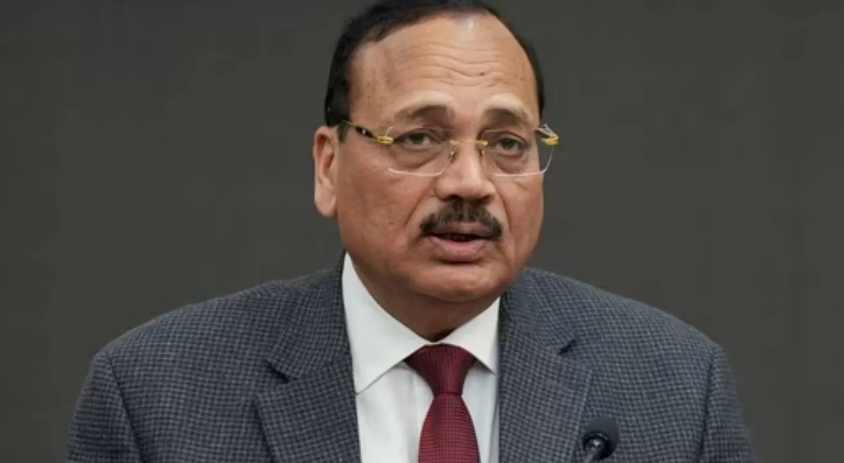Justice Surya Kant was sworn in as the 53rd Chief Justice of India (CJI) on Monday, taking his oath in Hindi with a divine invocation. He is the first person from Haryana to hold the nation’s highest judicial office. As a Supreme Court judge, Justice Surya Kant has been part of benches delivering landmark rulings, including the abrogation of Article 370 granting special status to Jammu & Kashmir and the Special Summary Revision (SSR) of electoral rolls in Bihar. He will serve as CJI until February 9, 2027.
Early Life and Judicial Career
Born on February 10, 1962, in Petawer, Hisar district, Haryana, Justice Surya Kant hails from a middle-class agricultural family. He earned his law degree from Maharshi Dayanand University, Rohtak, in 1984, and began practicing in the Hisar District Court the same year. He moved to the Punjab and Haryana High Court in 1985, handling constitutional, service, and criminal cases. At a young age, he was appointed Haryana Advocate General in 2000, and in 2004, he became a Judge of the Punjab and Haryana High Court. He served on the governing council of the National Judicial Academy from 2007 to 2011 and earned a master’s degree in law from Kurukshetra University while serving as a judge. He was elevated as Chief Justice of the Himachal Pradesh High Court in 2018 and appointed to the Supreme Court in May 2019.
Leadership and First Day as CJI
As Chief Justice, Surya Kant will lead two Supreme Court collegiums—one for Supreme Court and High Court judge appointments and another specifically for High Court appointments. On his first day, he directed that urgent cases must be filed in writing and allowed direct mentions only in critical matters such as capital punishment and personal liberty cases. During his initial session, he heard 17 cases alongside Justices Joymalya Bagchi and Atul S. Chandurkar, including a significant case filed by the Himachal Pradesh government against a private entity.
Humble Beginnings and Philosophy
Reflecting on his early life, Justice Surya Kant recounted studying under kerosene lamps in his village school, never imagining he would become CJI. He credited senior advocates for mentoring him and giving him early opportunities, which led to rapid recognition across the state. He emphasized that justice is impartial, highlighting that rulings naturally favor one party and displease another, and stressed that English fluency is not a prerequisite for practicing in the Supreme Court.






